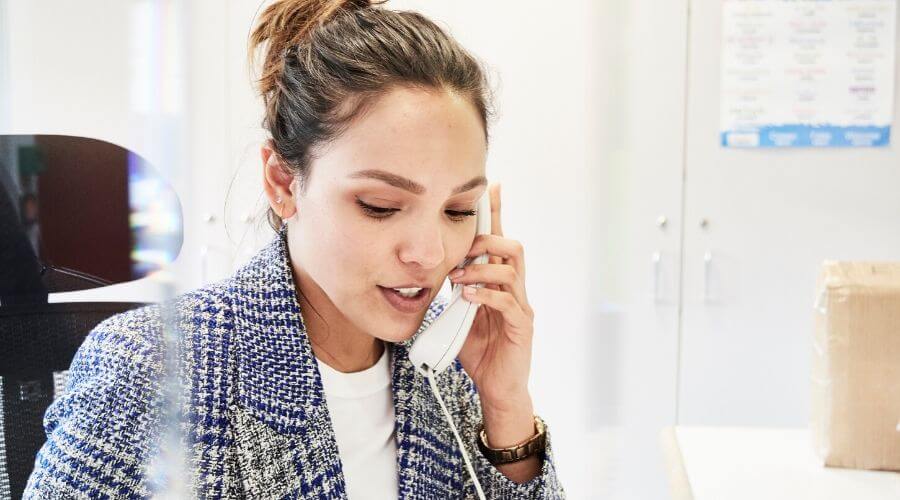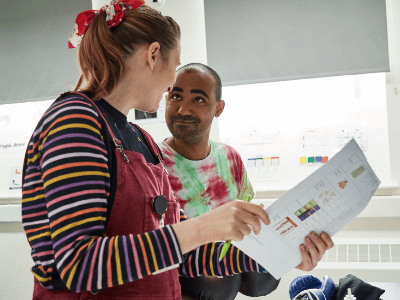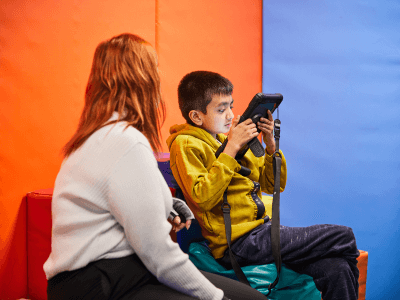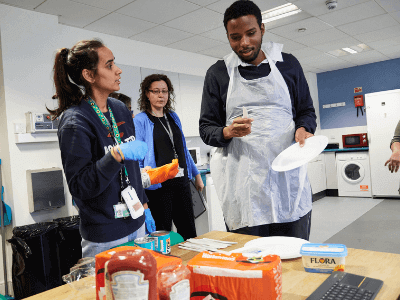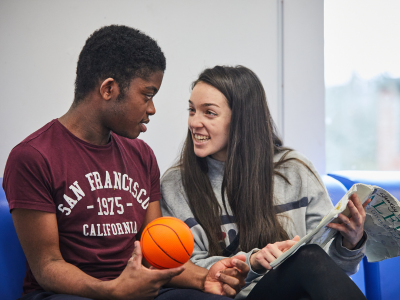Communicating with your school

Having good communication with your child’s school will help you get the right support for your child to ensure they can thrive. There are several simple ways to do this:
Get to know school staff
Find out who is responsible for special educational needs (SEN) support in the school. This is normally the school's special educational needs coordinator (SENCO), the qualified teacher responsible for coordinating SEN provision. For information about day-to-day progress, or problems, it will also be helpful to speak to the class teacher or teaching assistant.
Share information
Keep informed about the strategies being used to support your child in the classroom, and share information about your child with teaching staff, if you feel comfortable doing this. Insight into your child's communication style, their likes, interests, dislikes and triggers will help school staff to understand their needs promptly. Giving copies of reports and assessments to the SENCO, class teacher or classroom assistant will also ensure the people working with your child on a daily basis are kept fully informed.
Keep a record
Requesting a home-school contact book is a simple way to communicate with school staff daily and keep them informed of any particular problems your child may be facing. It also provides you with a written record of your communication with the school.
Raising concerns
There are a number of things you can do if you have an issue you wish to address with school:
- Request a meeting - ask the school and any other professionals involved with your child's education such as the speech and language therapist (SaLT), occupational therapist (OT), educational psychologist, or paediatrician to arrange a meeting to discuss the problem and ways to tackle these and find a solution.
- Keep evidence - keep a record of all communication with the school - such as reports, emails, letters, assessment paperwork and follow up any spoken conversations about your child's care with an email or letter.
Know your rights
Education providers have legal duties to support children and young people with special educational needs. For more information regarding the law, read the Independent Parental Special Education Advice (IPSEA) website.
Related information
Discover more information related to this topic area.

